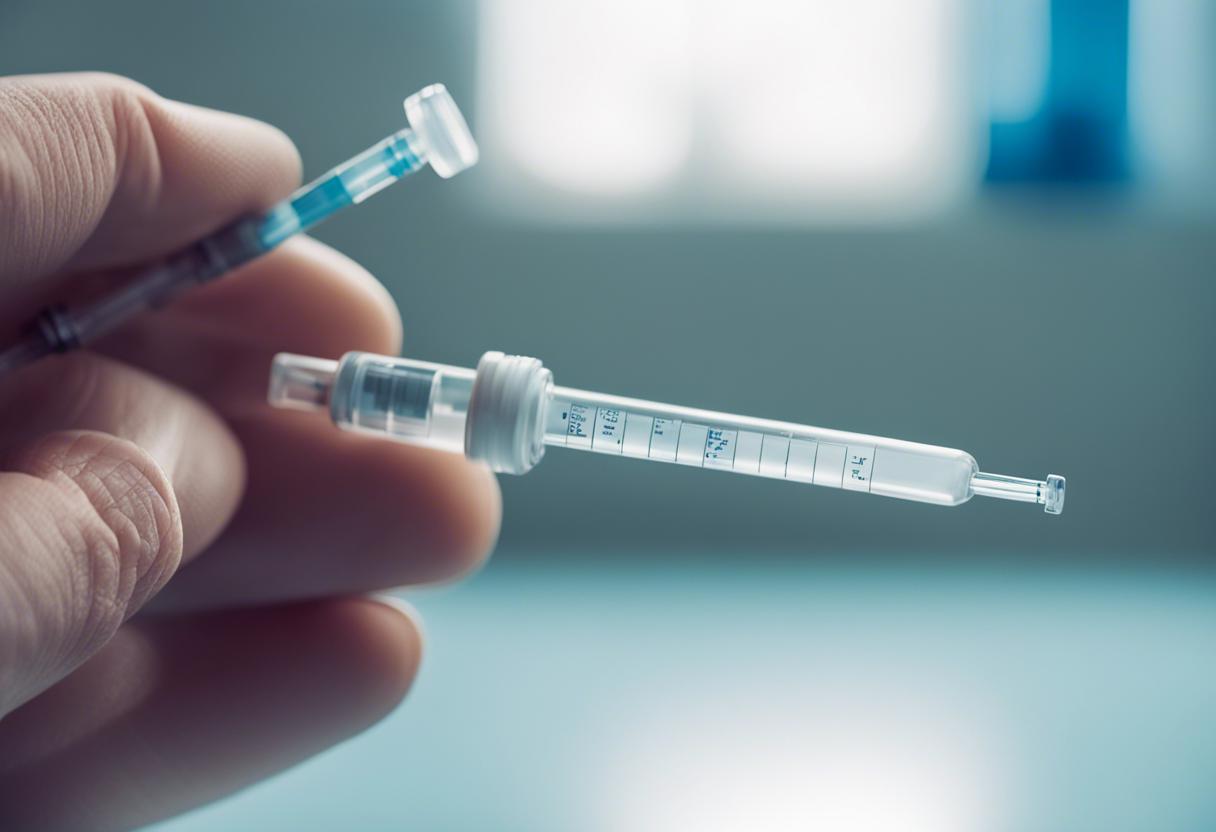The Health Service Executive (HSE) plans to contemplate the justification for a vaccination scheme for mpox, formerly recognised as monkeypox, due to the recent appearance of a novel strain of the virus in Africa. Dr Tedros Adhanom Ghebreyesus, Director-General of the World Health Organisation (WHO), has informed about a significant rise in identified mpox cases in Africa, an occurrence WHO has categorised as a global public health emergency.
Since its first official record in May 2022, Ireland has noted nearly 250 instances of mpox. The initial case of this year was reported in February with four instances thereafter. According to the HSE, these cases were caused by clade II mpox, the strain that caused the worldwide 2022 outbreak which mainly impacted men engaging in sexual activities with other men.
Though no surge in such cases has been observed in Ireland, as per HSE’s Health Protection Surveillance Centre. The strain of mpox that is causing alarm in Africa is derived from a different clade, known as clade Ib. There has been no detection of clade Ib mpox cases in Ireland to date.
On Thursday, Swedish authorities confirmed the detection of a clade Ib mpox case. The HSE affirmed its collaboration with the European Centre for Disease Prevention and Control (ECDC) and international counterparts to evaluate the situation and establish if further measures are required in addition to the existing guidance.
Mpox, a rare disease caused by a virus found in certain animal populations situated in isolated regions of central and west Africa, has previously caused minor outbreaks in local communities and among travellers. Since December 2022, a substantial mpox outbreak has been ongoing in the Democratic Republic of Congo, with recent cases also reported in neighbouring countries like Rwanda, Burundi, Kenya, and Uganda.
The virus is primarily transmitted through close interaction, including touching the skin rash of a person who is already affected. Those in more intimate relationships, people living under the same roof as an infected person, as well as healthcare providers are identified to be at a greater likelihood of contracting the virus.
However, in terms of casual community interaction, the Health Service Executive (HSE) has stated that the probability of transmission is relatively minimal. Following the announcement by the World Health Organisation, the HSE mentioned the possibility of evaluating the requirement for a new immunisation agenda.
In addition to this, the HSE is planning to consult the National Immunisation Advisory Committee and will likewise take into consideration information from a risk analysis currently under preparation by the European Centre for Disease Prevention and Control (ECDC).

